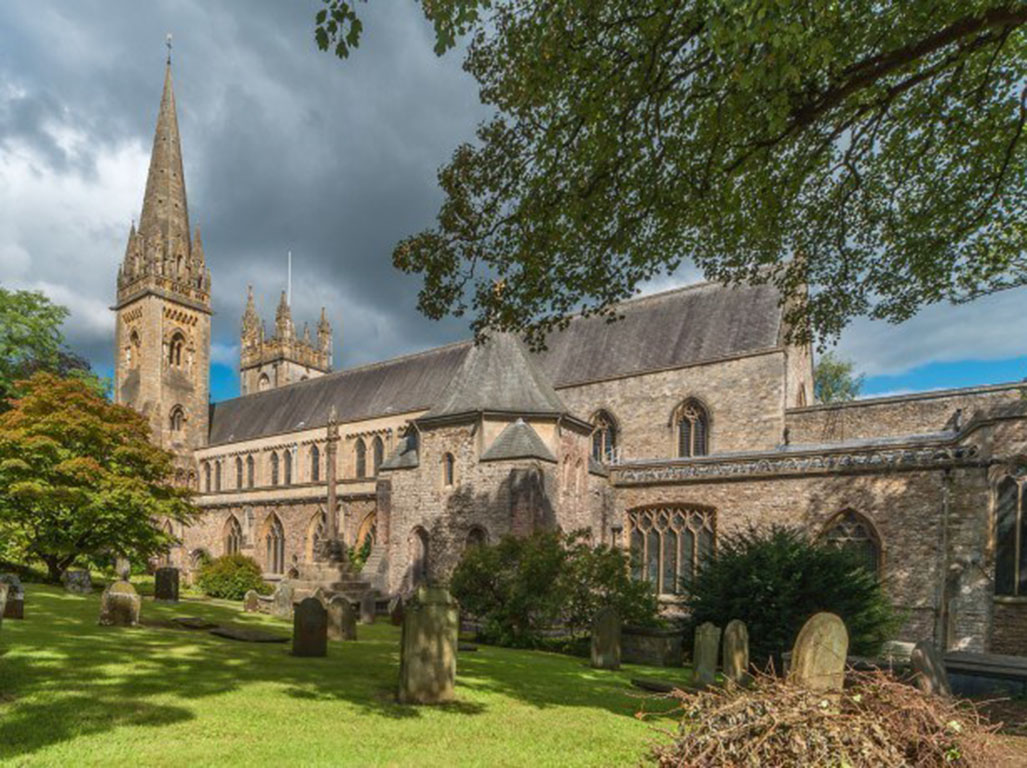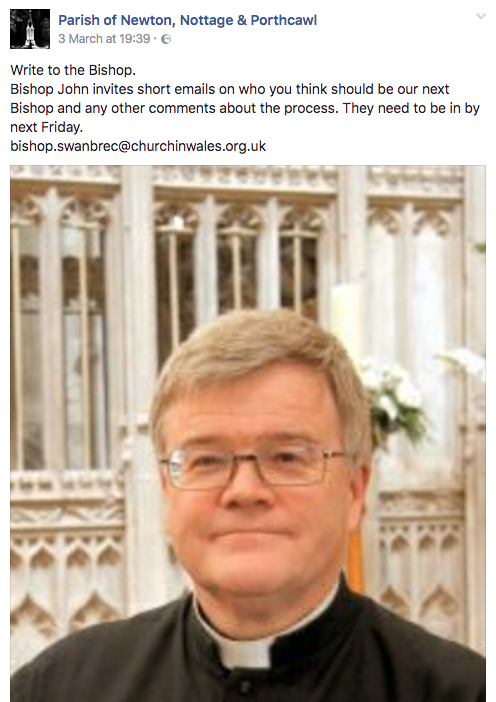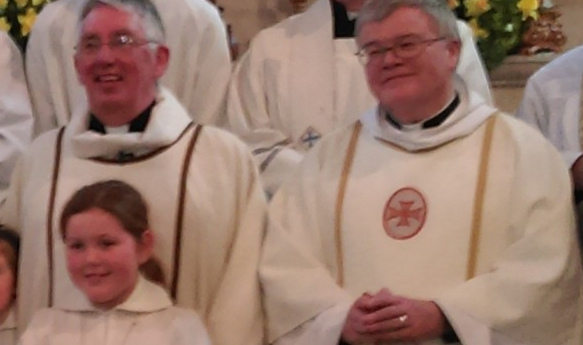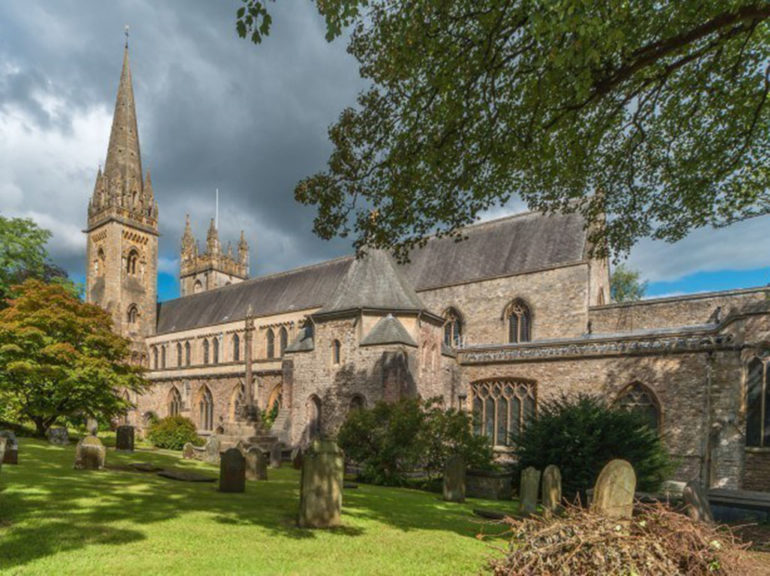WELSH bishops are preparing for their second attempt to choose the 72nd Bishop of Llandaff after the controversial matter was raised in parliament in a discussion on sexuality.
The decision was stalled at a Church in Wales meeting last month when none of the candidates secured the two-thirds of the vote needed.
Controversy arose when prominent gay cleric the Very Rev Jeffrey John, who is believed to have secured the backing of local electors, failed to win enough additional support to secure the post, prompting questions about whether his sexuality and high-profile may have counted against him.
Making the selection now falls to the Bench of Bishops who are consulting members of their dioceses over which candidates should be considered for the post.

The bishops from the dioceses of Bangor, St Asaph, Monmouth, St David’s, and Swansea and Brecon, next meet on March 14 and will have three days to come to a decision.
Head of the electoral college is the Bishop of Swansea and Brecon, the Right Rev John Davies. He and the other bishops are talking to members of diocesan bodies, area deans, and standing committees made up of clergy and lay people.
Church members are invited to email their bishops with comments, with those in the Llandaff diocese asked to email Bishop John.
The Church In Wales has pledged the consultation would focus on “the ongoing and future needs of the Diocese of Llandaff and its communities”.
Some church members, however, are still wondering why Jeffrey John was rejected in the last round despite being the favourite of the mainly liberal diocese.
The parish of Newton, Nottage and Porthcawl has shown its support for Tonyrefail-born Jeffrey John by posting his picture on its official Facebook page, referring to the consultation process and giving details of how to email Bishop John.

Canon Philip Masson who presides over the parish was ordained in Llandaff Cathedral in 1978 at the same time as Jeffrey John. The two met first when they studied at Oxford and the Very Rev Dr John is godfather of his eldest child.
“I think he would make a great bishop,” said Canon Masson.
“The ‘campaign’ is in favour of the electors and we should respect their decision. Llandaff electors spent a long time considering this and his was the name they put before the clergy.
“I can’t tell you whether people found his civil partnership disquieting but the policy in Wales is that such relationships should be condoned. If they are to be true to their statement last April then they will have to consider him.”

He is referring to a statement given by the Church In Wales last April on same-sex marriage and the condemnation of homophobia.
The statement, read by the then Bishop of Llandaff Barry Morgan, who was Archbishop of Wales at the time, said that although the church could not bless same-sex marriages it should be a place where gay and lesbian people can be “honest and open, respected and affirmed”.
Labour MP for Rhondda, Chris Bryant, raised the election in a House of Commons last Thursday during a discussion on the Bishops Report on Human Sexuality.
“Jeffrey John, the Dean of St Albans, has been barred from becoming a bishop in the Church in Wales because the other bishops have refused to do what they have done in every other case — accept what the members of the local diocese have wanted,” he said.
Second church estates commissioner Dame Caroline Spelman, said that although she was not responsible for the Church In Wales it was a “serious matter, and we should heed what the Archbishop of Canterbury, as the head of the Anglican Communion, said about the need to have radical Christian inclusivity”.
Exeter MP Ben Bradshaw said: “Is it not increasingly untenable for our Church, which enjoys significant privileges in this country because of its established status, to continue to discriminate against its own members simply because they happen to be gay?”
The election follows the retirement of Dr Morgan who was Bishop of Llandaff for 18 years and the longest-serving Archbishop in the Anglican Communion.
The diocesan profile for Llandaff notes that one challenge it faces is to increase the representation and inclusion of LGBTI communities and other minorities to “reinforce the need for a commitment to offering everyone the same loving service and pastoral care to which all humanity is entitled”.
The Church In Wales is unable to comment before next week’s meeting.

Llandaff Cathedral, Cardiff


